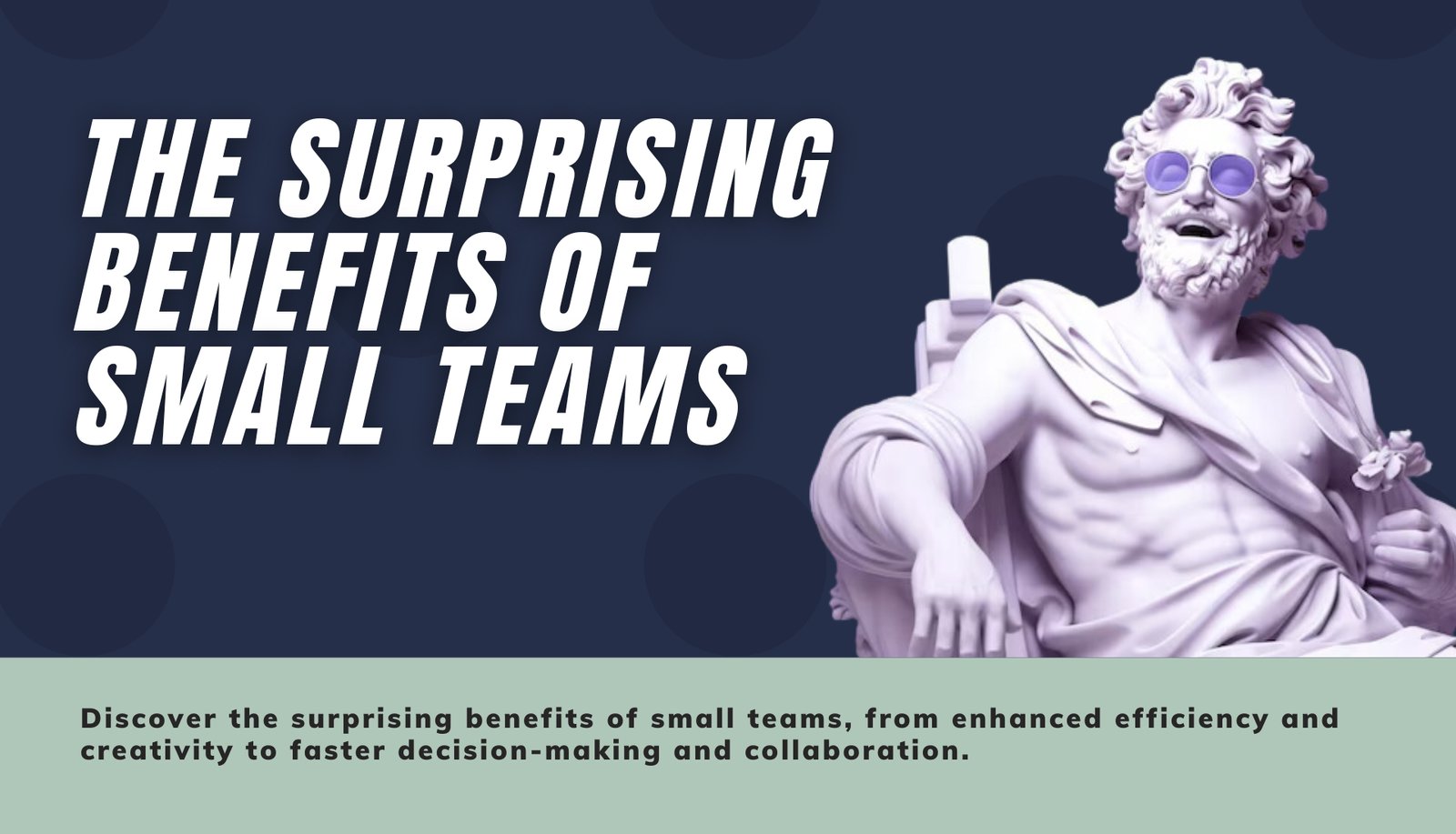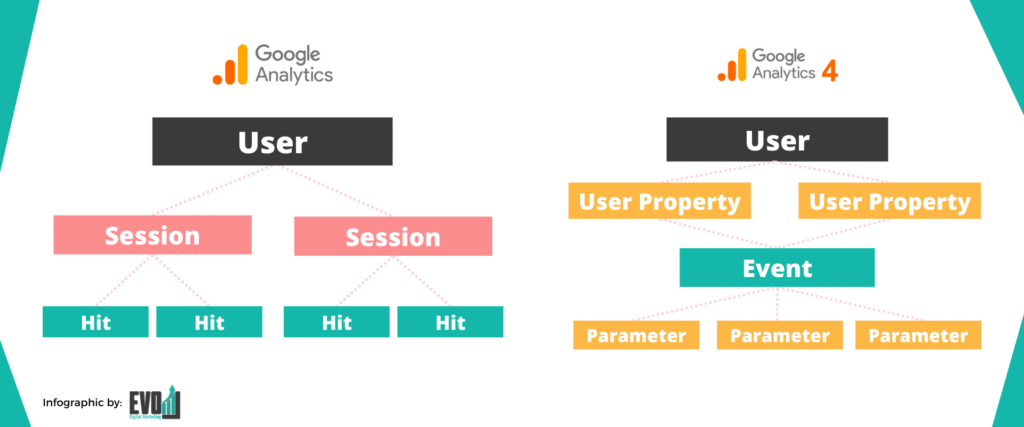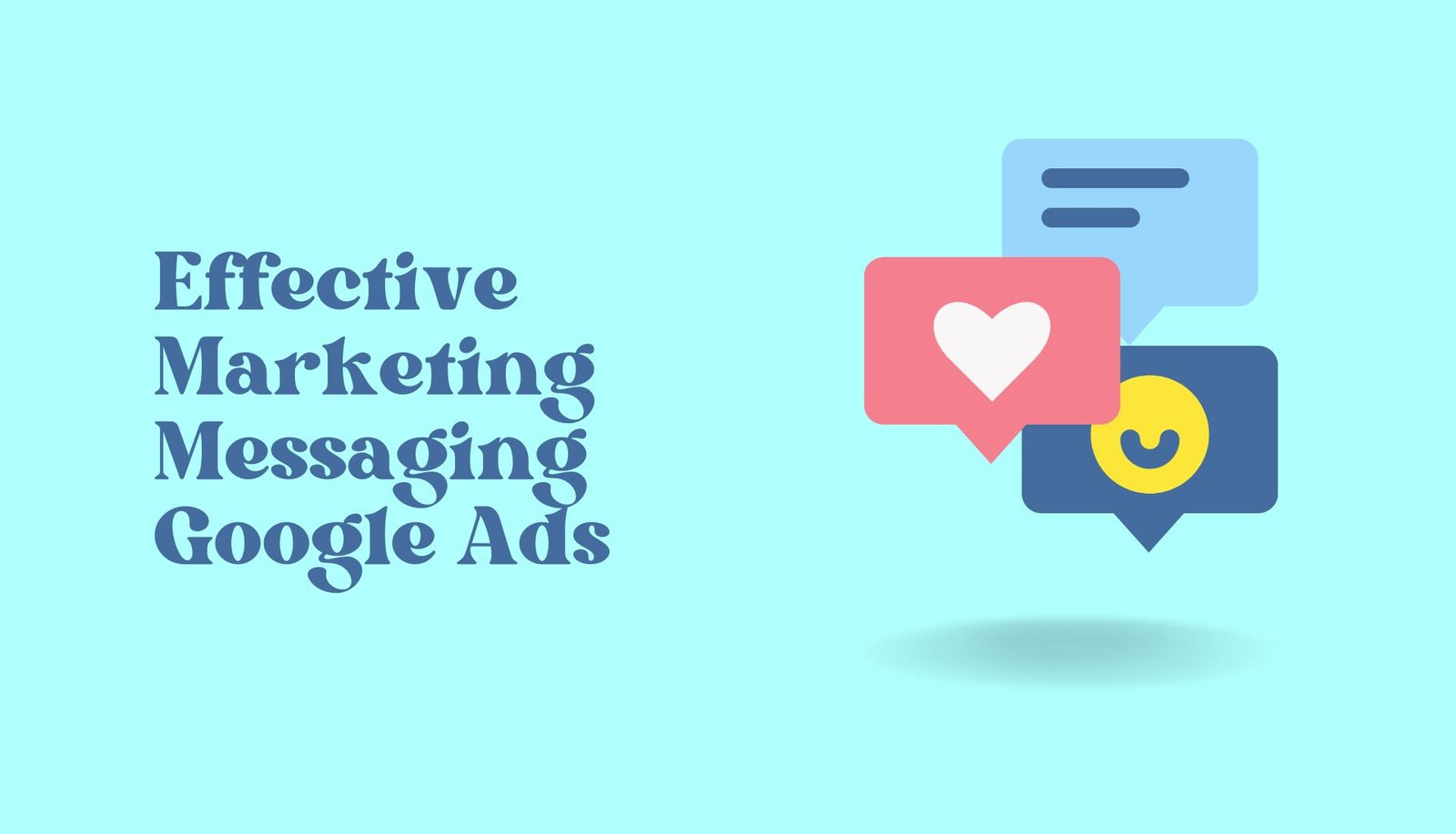

Google is shutting down Universal Analytics in 2023, forcing businesses to adopt the game-changing but complex Google Analytics 4. Want to know how this shift will impact your marketing strategy and data tracking? Dive in to stay ahead of the curve.

In March this year (2022), Google announced that Universal Analytics will stop processing data in July 2023.
This has caused a lot of discontent among many marketers around the world because it means using Google Analytics 4 – the “modern universal”.
In this article, you’ll learn more about the reasons for UA stopping, replacing it with GA4, and what it means for you as a marketer and as a business owner.
Univeral Analytics is a tool that for many businesses is key because it contains all the data from the beginning of their marketing process until now. Additionally, GA4 lacks many of the ready-made features and reports that a marketer uses on a daily basis.
Why then did Google replace it? There are several known reasons:
We’ll look at each one separately.
The old method of measuring user data was through “sessions”. Explained in non-programmer language, this means that when a user logs into a site, it starts a session, and cookies detect the users’ actions.
If a user clicks on a video 3 times, it counts as 1 conversion.
However, this model is outdated and not designed for the way modern websites work.
To address the problem, GA4 uses “events” to keep track of what a user is doing on a page.
Each action is considered an event, such as “scroll”, “pageview”, “click”, “file_download”, etc, each of which has parameters.
This way, marketing departments can pull more accurate reports where they can track every action a user has taken.

The topic is vast, but Google has announced that they want to stop using cookies by 2023.
“…today we explicitly state that once third-party cookies are removed, we will not create alternative identifiers to track users as they browse the web, nor will we use them in our products.”
David Temkin, Director of Product Management at Google
The problem with cookies is that they share information with third parties, and in today’s world where our privacy is becoming increasingly important in society, Google cannot continue to use cookies.
The problem with any new software is adapting to its interface and features. The difference between GA4 and UA is really big.
Therefore, the first question we would ask is “What is different?”
Again, there are a few key differences between GA4 and UA that we notice:
As we described above, one of the differences between UA and GA4 is precisely the way data is measured.
GA4 uses “events” to track what a user does on a page.
“Events” is the more modern way of tracking, with every action of the user being considered an event.
This is a positive thing for marketers because they have the ability to create custom reports with custom demographic groups, segments, filtered data, certain metrics, etc.
One of the benefits (in our team’s humble opinion) is the ability to do custom reports.
This gives greater flexibility when working with clients and extends the capabilities of Google Analytics.
We encourage you to take a look at our next article where we show how to create custom reports.
Perhaps the biggest downside to GA4 is the lack of a funnel tracking feature in GA4.
At Universal Analytics, this has always been one of the most used features among marketing departments.
There is currently no indication that Google will integrate the feature, so this is where the GA4 alternatives step in.
You can see all the differences in the Netpeak Journal article.
There’s a little while left until Universal Analytics stops working, so we advise you to switch to Google Analytics 4 as soon as possible and work in parallel with both to get used to what’s new with GA4 while you’re building up data in it too.
The worst thing you can let happen is to not switch from UA to GA4 and start directly with a blank GA4 with no historical data from your ad campaigns.
There is a tendency at Google that is making the tools increasingly difficult to use. This necessitates the need to hire an agency or freelancer to take on the task.
With the advent of GA4, the use of Tag Manager is deepening, and setting up Enhanced E-commerce becomes very difficult without a marketing team and programmers.
The differences are many, and the changes in privacy policies, and the public’s desire for a cookie-free world necessitate the change completely to GA4.
We at Evol Marketing have started transferring all Analytics client accounts to GA4 to prevent historical data loss, we advise you to do the same whether you are an agency, freelancer, or business.



















